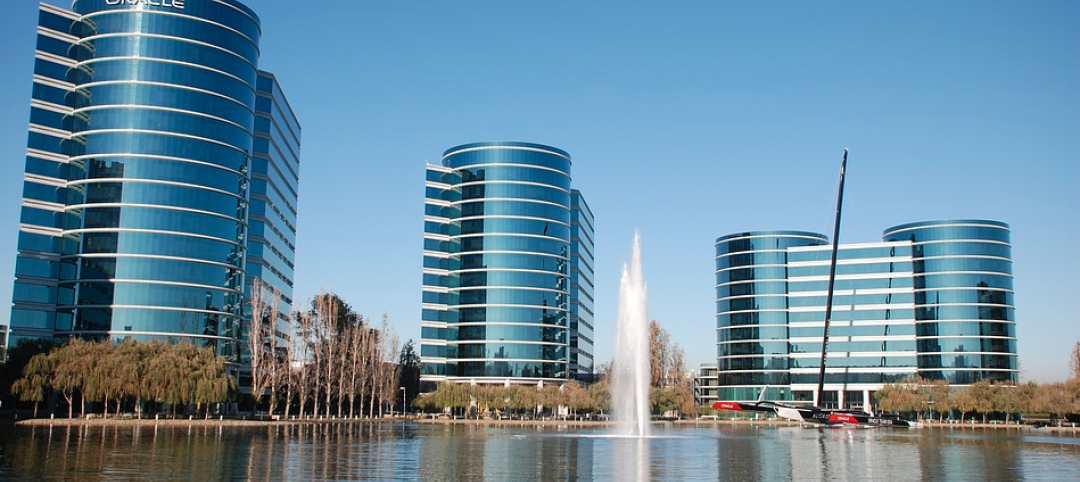Austin, Texas recently became the largest city in the United States to stop requiring new developments to set a minimum amount of parking.
The Austin City Council voted 8-2 earlier this month to eliminate parking requirements in an effort to fight climate change and spur more housing construction as Texas’s capitol grapples with a housing affordability crisis. Supporters of the measure say minimum parking rules drive up housing costs and prompt more people to be dependent on cars for transportation. Opponents counter that easing or eliminating parking requirements will cause parking to spill over onto neighboring streets and clog traffic.
The new parking rule does not prevent developers from adding parking. They will be able to decide how much parking they need for their project.
To create more affordable housing, Austin officials are also considering measures to allow up to three housing units in most places where single-family homes are allowed and reduce minimum lot sizes for certain multifamily buildings.
Related Stories
Codes and Standards | Jun 12, 2018
Congestion pricing for cars is effective in reducing traffic, but a difficult sell
After three years, traffic congestion declined by 30% in London.
Codes and Standards | Jun 11, 2018
First RFP requiring modular construction on New York City housing project issued
Part of Housing 2.0 modular construction initiative.
Codes and Standards | Jun 6, 2018
Buffalo, N.Y., contractor exec pleads guilty to fraud for bid rigging on $750 million contract
LPCiminelli stops functioning as GC in fallout from the case.
Codes and Standards | Jun 6, 2018
LEED should be updated to combat climate change
Hasn’t kept pace with urgency of problem, says clean energy investor.
Codes and Standards | Jun 5, 2018
Sports stadiums and arenas showcase sustainability features
Green venues save owners money, gain positive publicity.
Codes and Standards | Jun 4, 2018
L.A. must transition to cleaner energy, boost transit to reach sustainability goals
City aims to reduce GHGs 60% by 2035 and 80% by 2050.
Codes and Standards | Jun 4, 2018
Washington D.C.’s flattened skyline can be a virtue
Zoning ordinance that ties building heights to width of streets dictates form.
Codes and Standards | May 30, 2018
Silicon Valley cities considering taxes aimed at large employers
The aim is to offset the impact on housing costs and homelessness by tech companies.
Codes and Standards | May 30, 2018
OSHA proposes new crane operator safety rule
Would provide long-term clarity on certification requirements.
Codes and Standards | May 29, 2018
Government support helping to drive demand for green building materials
Market projects to grow 12.5% annually between 2013 and 2019.

















